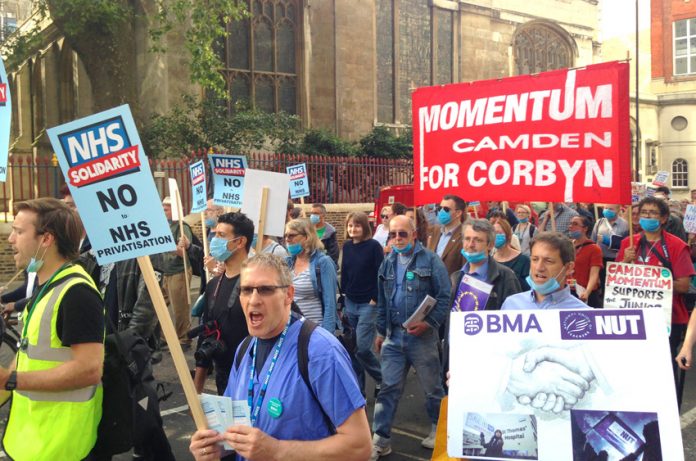MPs on the Public Accounts Committee (PAC) have warned that the disproportionate growth in spending on specialised services poses a risk to the financial sustainability of the wider NHS.
In a new report, the PAC concludes, ‘NHS England will need to make tough decisions’ to stay within its budget for specialised commissioning and sets out a number of urgent recommendations. NHS England took on responsibility for commissioning specialised services – of which there are nearly 150, covering a diverse range of disparate and complex services – in April 2013.
Between 2013-14 and 2015-16, the budget for specialised services increased from £13 billion to £14.6 billion, an average yearly increase of 6.3%. Over this period the budget for the NHS as a whole increased by 3.5% a year on average. The Committee is concerned that NHS England and the Department of Health ‘painted an unduly healthy picture of the state of commissioning specialised services in England’, highlighting ongoing shortcomings in the collection of data and the potential impact this has on decision-making and efficiency.
Among its recommendations to government, the Committee calls on NHS England to set out publicly by October how specialised services fit within the NHS Five Year Forward View as well as ‘the £22 billion efficiency challenge’ facing the NHS. The Committee says that by April 2017 NHS England should be using improved data ‘to link spend, by service provided, to service quality, patient outcomes and patient experience’ so that different providers can be compared and value for money improved.
The Report summary says: ‘The disproportionate growth in spending on specialised services poses a corresponding risk to financial sustainability of the wider NHS and, if NHS England is unable to keep its spending on these services in control, this will affect its ability to resource other health services and wider health transformation set out in its Five Year Forward View.
‘To remain within its budget for specialised commissioning, NHS England will need to make tough decisions. These include taking action in three areas: ensuring new drugs and medical equipment are affordable; ensuring services are delivered cost-effectively; and better management of the level of demand for the specialised services it commissions.
‘When taking action to control its spending on specialised services, NHS England also needs to work closely with NHS acute providers to avoid adding undue pressures to their budgets.’
• AMBULANCE targets for responding to life-and-death 999 calls from patients suffering from heart attacks or those who have stopped breathing have been missed for an entire year, new figures released yesterday have shown.
Ambulance crews are meant to reach patients who have had cardiac arrests or are not breathing, the so-called ‘Red 1 calls’, within eight minutes. But performance data from NHS England for May showed for the 12th month in a row the 75% target has been missed.
The target for Red 2 calls, for other life-threatening cases such as strokes, has not been met since January 2014. During May, 70.5% of Red 1 calls were met in eight minutes and for Red 2 calls it was 65%.
NHS England blamed the problem on the rising number of calls. There have been nearly 11m in the past year, an increase of 7% on the previous year.
